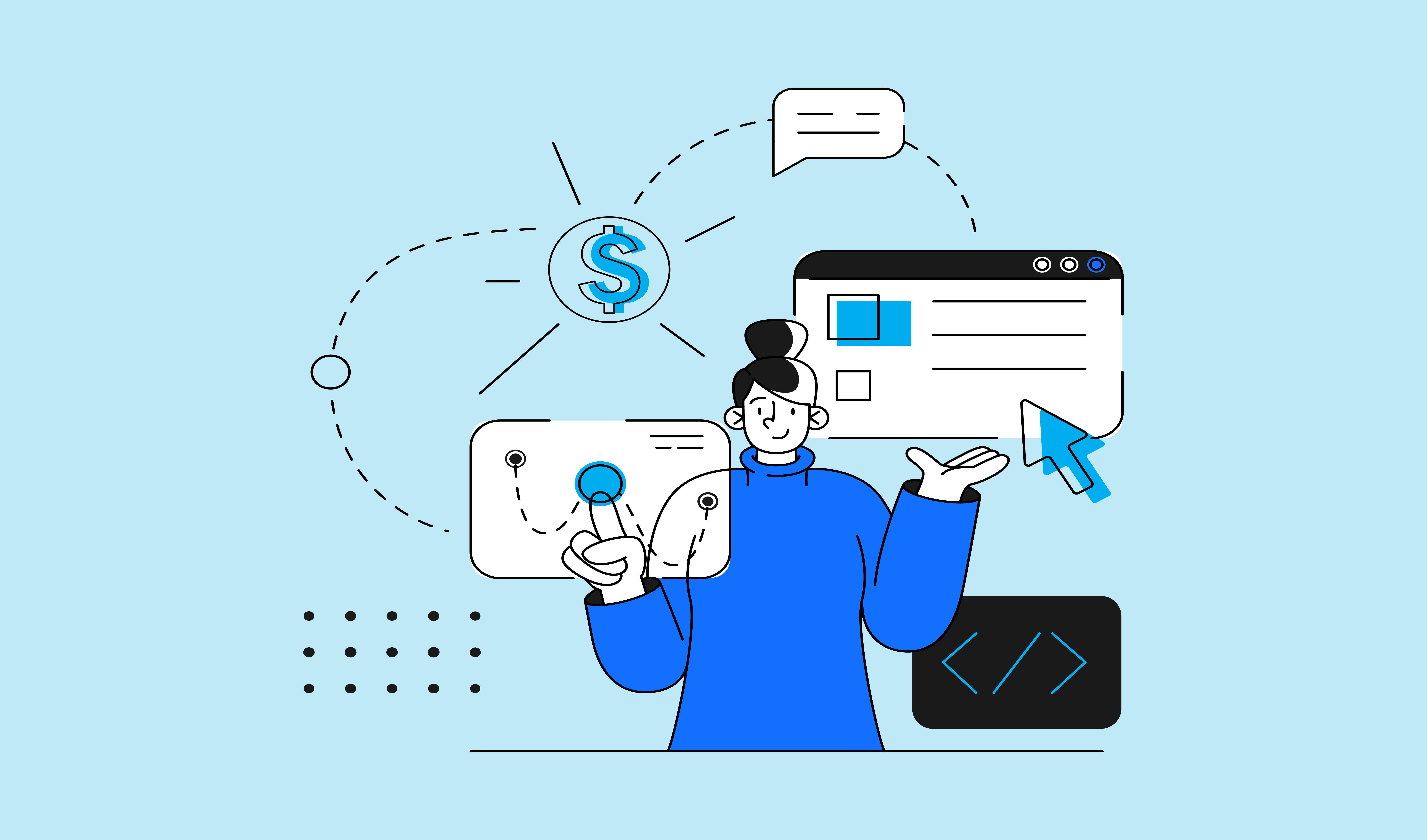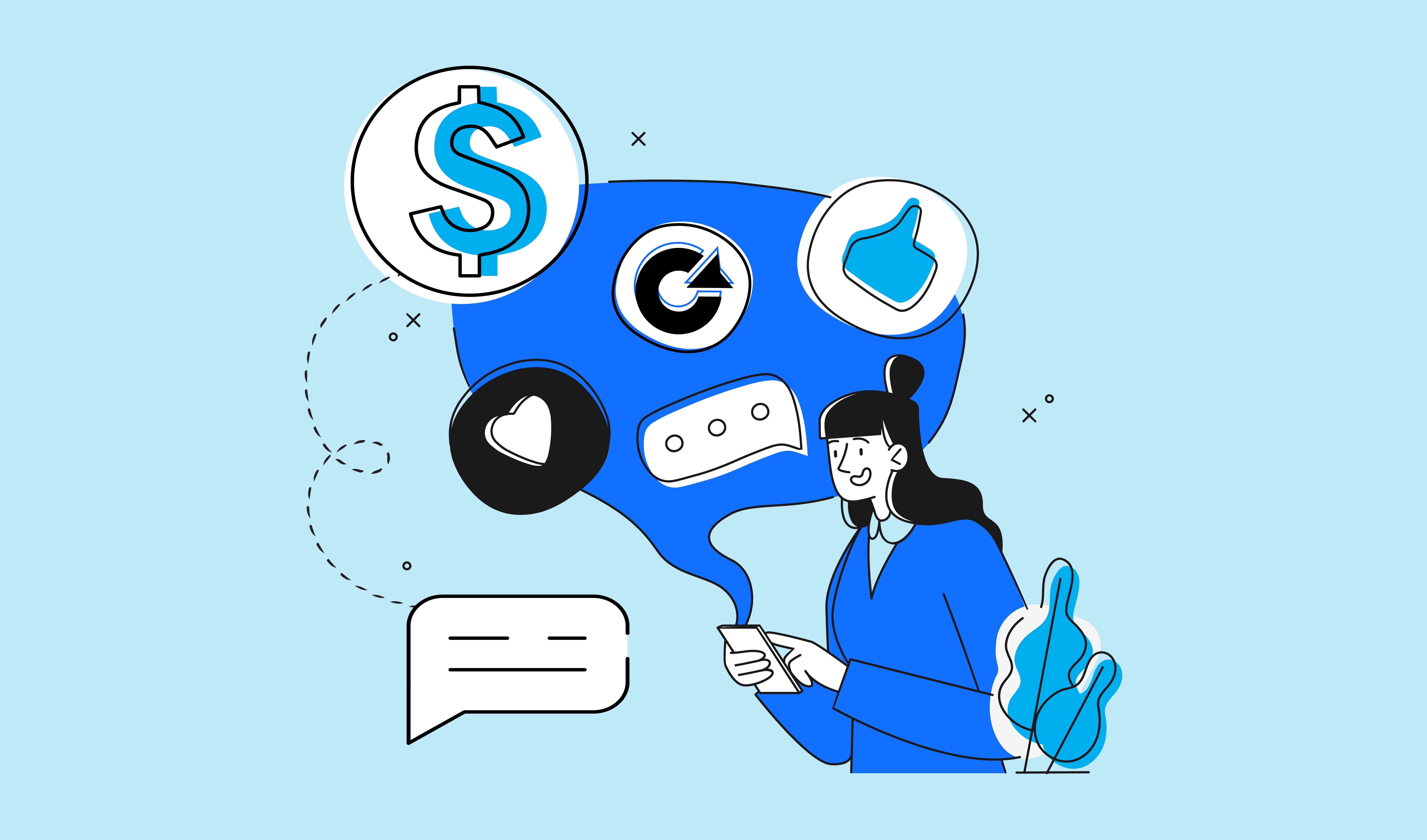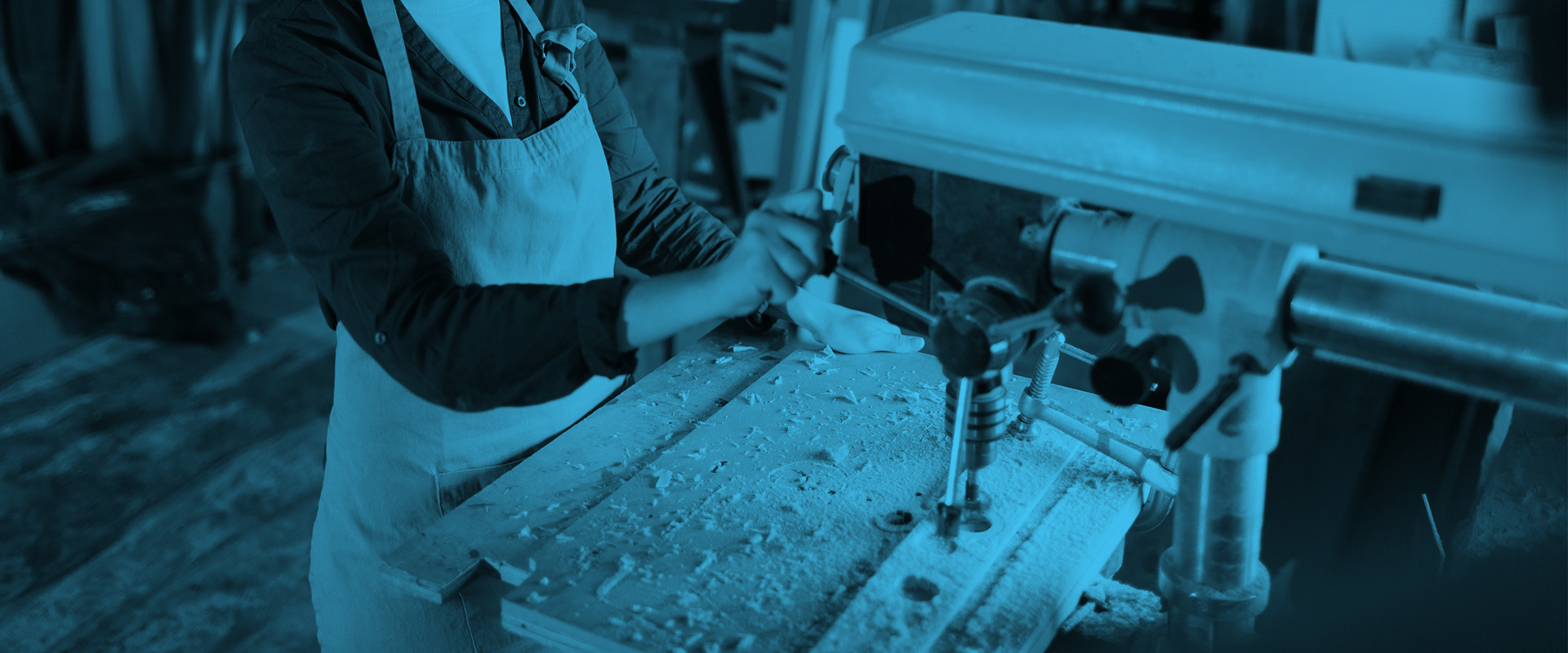With today’s insecure economic climate, many small business owners who want new machinery and other...

How to Get Equipment Financing with Bad Credit
Some business owners are reluctant to invest in new equipment because they believe they can’t afford it. The equipment can seem even more out of reach for those with poor credit scores.
Fortunately, having poor credit doesn’t automatically mean you have limited funding choices. In this article, you will learn how a small business with bad credit can drive growth using equipment leasing alternatives.
What Is Considered “Bad Credit”?
Your credit score depends on the five C’s of credit: character, capacity, capital, conditions, and collateral. These factors contribute to how lenders view your potential to repay your debts. If you have a missed payment on your credit history report or have a high debt-to-income ratio, your credit rating may rank as “poor.”
While lenders consider other factors when determining equipment financing, the most commonly used barometer is the FICO credit score. Most traditional lenders, such as banks and credit unions, look at this score to evaluate the risk of lending—the lower your score, the higher the risk. Scores that fall between 300 to 629 are generally rated as “poor.”
Luckily, those with poor credit scores have options.
5 Equipment Financing or Leasing Options with Bad or No Credit
Getting equipment with bad credit is far from impossible. Below are five ways you can secure a short or long-term payment plan to cover the costs of getting equipment.
1. Short-Term Loan
One way to secure equipment financing on bad credit is through a short-term loan. Under this arrangement, you receive the lump sum of proceeds and pay back in equal installments every scheduled due date. The term may range from 12 to 36 months, and each amortization includes the principal and interest owed for the period.
- Pros: Lower interest rates for shorter terms
- Cons: Higher monthly installments, particularly for shorter repayment periods
2. Long-Term Loan
Sometimes, three years is too short a payback period to finance costly equipment. With long-term loans, your repayment period can last up to ten years.
- Pros: More manageable installments every due date compared to short-term loans
- Cons: Higher total interest paid over the loan term on the principal
3. Secured Loan
A secured (or collateralized loan) is when your lender asks for an asset as security against your borrowing. They may ask for unpaid customer invoices, a blanket lien on business assets, or personal assets like a savings account or real estate property. If you default, they could seize and liquidate these to settle outstanding obligations.
- Pros: Because of the reduced lending risk, lenders may give better terms, such as lower interest rates and a longer repayment period
- Cons: Offers minimal protection to borrowers, and they stand to lose a lot if they default
4. Business Line of Credit
A business line of credit is similar to a credit card, in that it provides access to revolving credit. And unlike a loan, your credit limit replenishes to its maximum amount every time you repay the availed portion.
- Pros: Flexibility, since you can use it to finance assets or cover temporary shortfalls in funding
- Cons: Usually has a lower limit than term loans, so it may be insufficient for purchasing big-ticket items like new equipment
5. Lease
An alternative to loans and credit lines when getting equipment financing with bad credit is leasing. It is similar to renting, but you can buy it after the lease. You can manage the entire purchase price and include some soft costs and delivery fees.
- Pros: Allows for faster upgrades, as you’re not locked into owning something that may already be obsolete once you’ve finished payments
- Cons: Depending on the lessor, it may include maintenance fees and high-interest rates, resulting in higher overall leasing costs
Beyond the Credit Score
Remember that lenders, particularly non-traditional ones, consider other factors that make your business eligible for financing.
- Annual Revenue: Your annual business revenue indicates how much you can make in a year. Lenders will use it as the basis for the maximum credit they can extend to you.
- Profitability: A high annual revenue doesn’t always mean you’re profitable. But if you can demonstrate your profits are growing at a steady rate, you’re more likely to secure better terms on your loan or lease.
- Cash Flow: Lenders will also look into how you manage your cash since it signals your capacity to make loan or lease payments.
- Outstanding Debt: Taking on another loan or lease when you have existing obligations may add a further strain, but you don't have to worry if you manage your cash flow well.
Ease Your Mind with Clicklease
If you need equipment now and don’t have time to wait until your credit score improves, don’t worry—Clicklease has you covered. We believe your business is more than just your credit score, which is why we don’t do hard credit pulls and instead opt for a soft credit check to look at many other factors. You can rest assured that credit won’t impact your eligibility for an equipment lease, even if you have been declined by other financing options.
Ready to grow your business as a small business owner? Get started today.
The content linked to clicklease.com has been compiled from a variety of sources and should not be considered the official position of Clicklease, its Employees or Officers. Data and opinions included are provided for convenience, may contain errors or omissions, and consequently should not be relied upon for making business or investment decisions. Clicklease encourages its site visitors to use the information provided at their own risk, and recommends visitors do their own direct research.
Related Articles
The market for secondary wood products—that is, furniture, cabinets, trims, and other individually...







